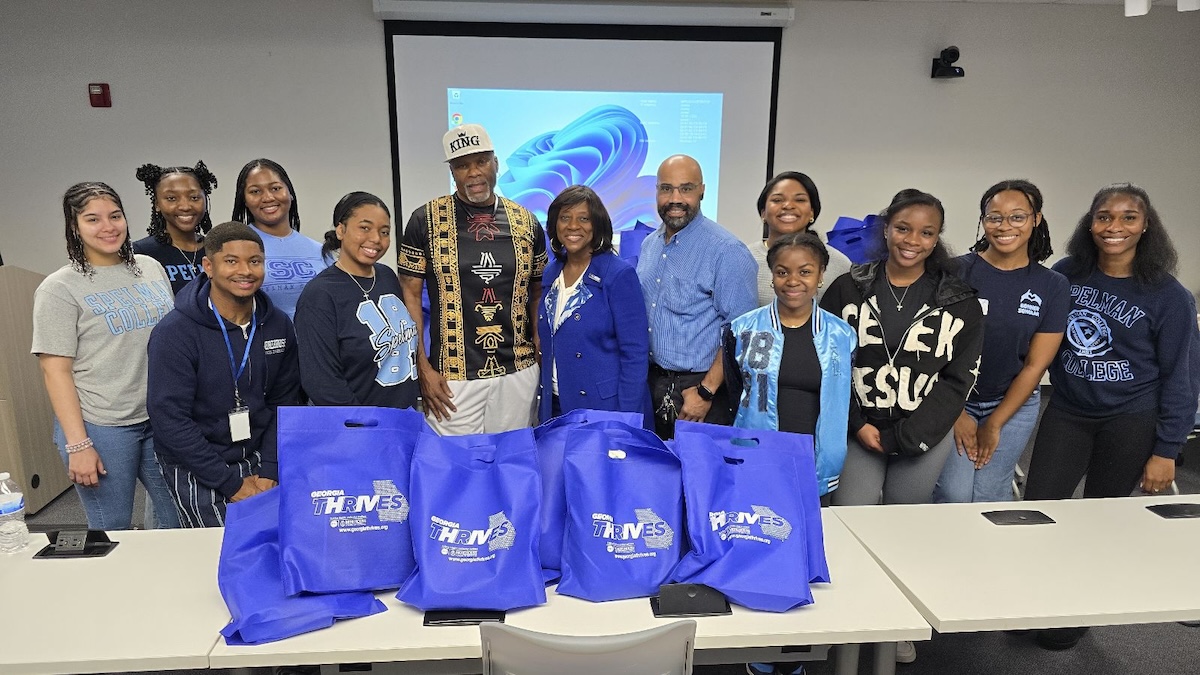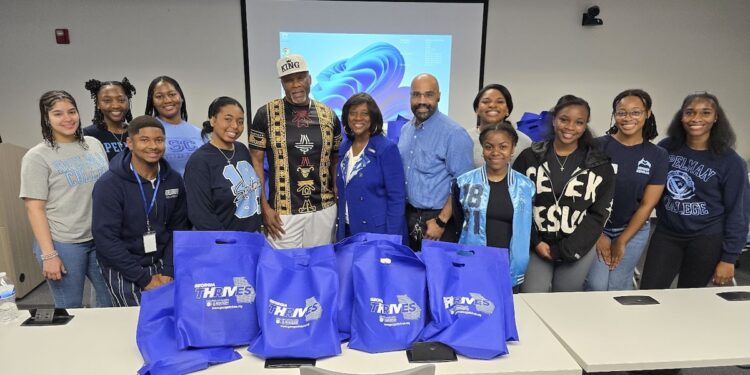
Public and private partners are continuing to fight HIV in the Black community by stressing the continued importance of National Black HIV Awareness Day. HIV continues to disproportionately impact the Black community, stealing away mothers, fathers, husbands, wives, sisters, and brothers. First observed in 1999, this awareness day acknowledges that predicament.
According to the Journal of Healthcare, Science and the Humanities, “When comparing Black and White US populations, respectively, across HIV incidence, prevalence, and AIDS-related mortality, Black Americans experience stark disparities in all categories, including HIV incidence,” and “From 2015 through 2019, Black MSM accounted for more than 36% of new HIV infections diagnosed annually.”
Randevyn Pierre, Director of National Field Engagement in External Affairs at ViiV Healthcare, acknowledged the importance of addressing the risk of HIV in the Black community. “National Black HIV/AIDS Awareness Day is a timely reminder that we still have work to do in the fight against HIV. That’s why ViiV Healthcare works hand-in-hand with the Black community to activate support networks and linkage to care services, as well as to deliver culturally relevant programming,” he said in a statement to Black Health Matters. “We continue to strive toward the goal of ensuring that every person impacted by HIV receives the care and support they need. Our ambition is clear: to end the HIV epidemic once and for all.”
ViiV Healthcare works to educate people about HIV/AIDS through community engagement and the dissemination of media created to reduce stigma.
“It’s very important to definitely be culturally culturally responsive,” Dr. Maisha N. Standifer, Ph.D., MPH, Director of Population Health at the Satcher Health Leadership Institute at Morehouse School of Medicine, told Black Health Matters in an interview.
Black learning institutions are working together to aid in preventing the spread of HIV using culturally informed approaches. “It is important that we teach students about preventive health care, especially as it relates to their sexual and reproductive health, with particular attention to HIV education and prevention,” said Christopher Ervin, MD, director of Community-Based Initiatives in the MSM Department of Family Medicine in a statement to Black Health Matters.
The Satcher Health Leadership Institute at the Morehouse School of Medicine is working with Fort Valley State University to prepare, pack, and distribute 200 care packages to students and community members in the area.
These packages will include crucial items, such as hand towels to promote physical activity, hand sanitizer to fight the spread of communicable diseases, healthcare resource information, and at-home HIV test kits.
The kits will allow recipients to learn their status in mere minutes. They will also provide information as swiftly as possible. “Testing is just one element,” said Dr. Standifer. “We are talking about whole health, whole body, mind and spirit health and care.”
“If someone is diagnosed, we need to ensure that there’s care,” she added. “That’s what we need to do as we talk about novel and innovative approaches to educating and increasing testing.”
The innovation at the Satcher Health Leadership Institute includes fostering an inclusive environment by developing their Georgia Thrives initiative with an HIV equity task force and community partners. “We’ve invited local churches to be a part of the messaging,” said Dr. Standifer. They also share resources at barbershops, hair salons, and local civic organizations. The goal is to head where the conversations are happening to share resources, not to shift them or shun the people having them.
Not all Black people are at the same level of risk for contracting HIV—factors like location, socioeconomic status, and sexual orientation. A 2019 article from The Journal of AIDS and Behavior argued that specific areas in the South require a unique approach to intervention.
Students at Fort Valley reside in Peach County, Georgia. Research from the SHLI Health Equity Tracker shows that the Fort Valley area constitutes “83.5% of its HIV prevalence despite representing only 43.9% of the population.”
Convenient testing could change that.
Previously, getting tested for HIV required a trip to a doctor’s office or a clinic. Today, the process is as easy as administering an oral swab in the privacy of one’s dorm room or backyard. According to the Journal of Clinical Infectious Diseases, “Rapid tests can be highly sensitive and specific,” and “Options such as oral fluid tests can achieve high accuracy, are less technically demanding than blood-based tests, and eliminate sharps and biohazard disposal problem.”
Historically, Black colleges and universities (HBCUs) have traditionally been at the forefront of health issues impacting the Black community with intervention and compassion.
“People respond to who they hear and see often,” said Dr. Standifer. “It’s a trusted voice in a trusted space.”
Photo by: KQ Communications Caption: Dr. Lawrence Bryant, Policy Core Lead, Satcher Health Leadership Institute at Morehouse School of Medicine, Dr. Sandra Harris-Hooker, Vice President and Executive Vice Dean, Research and Academic Administration, Morehouse School of Medicine, Christopher Ervin, MD, director of Community-Based Initiatives in the Morehouse School of Medicine Department of Family Medicine, Spelman College students, and Morehouse College students
























